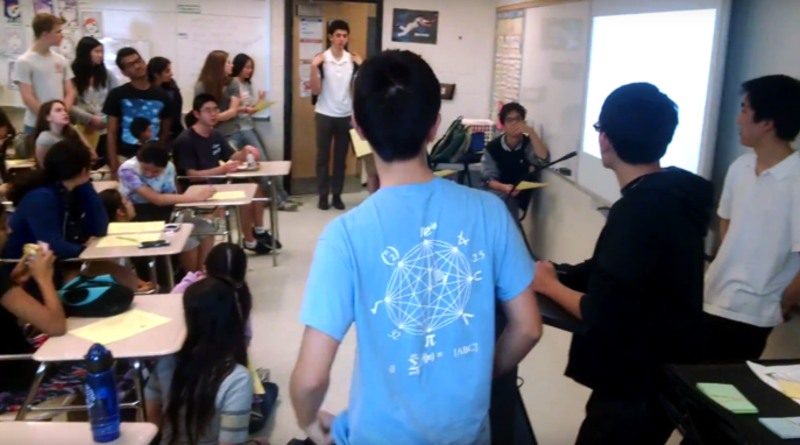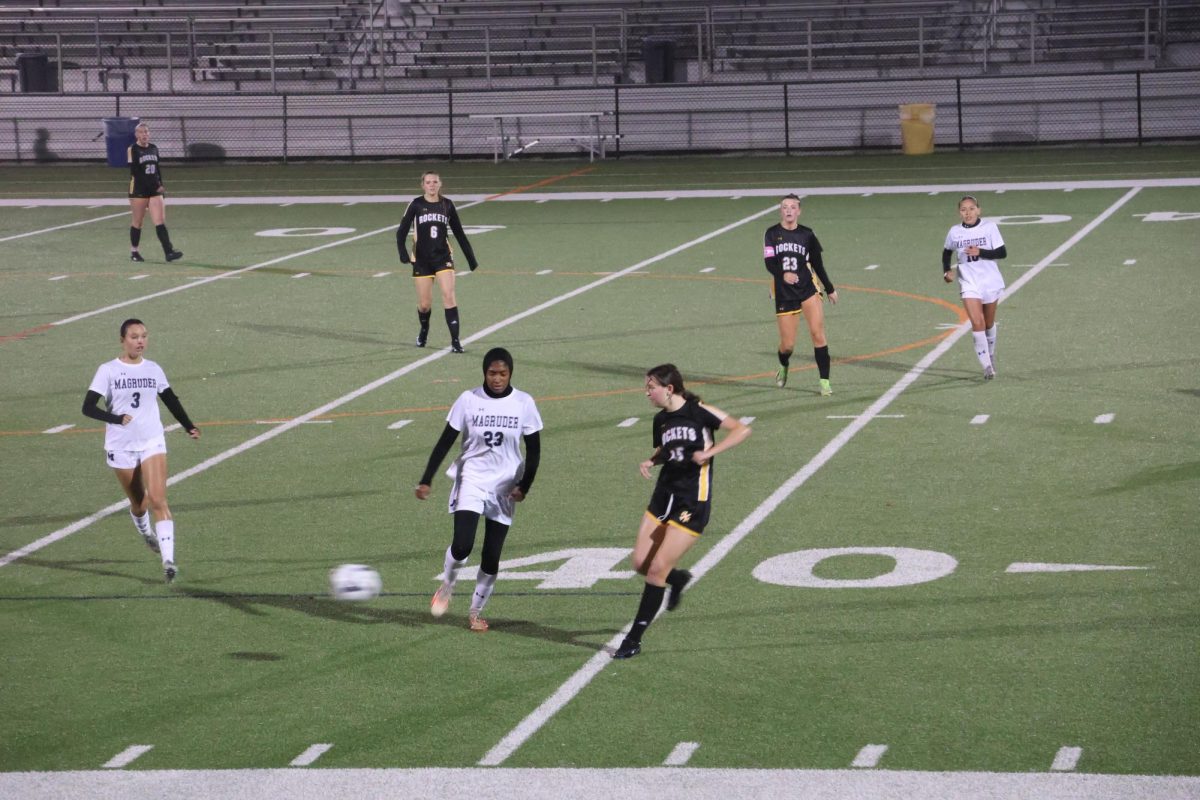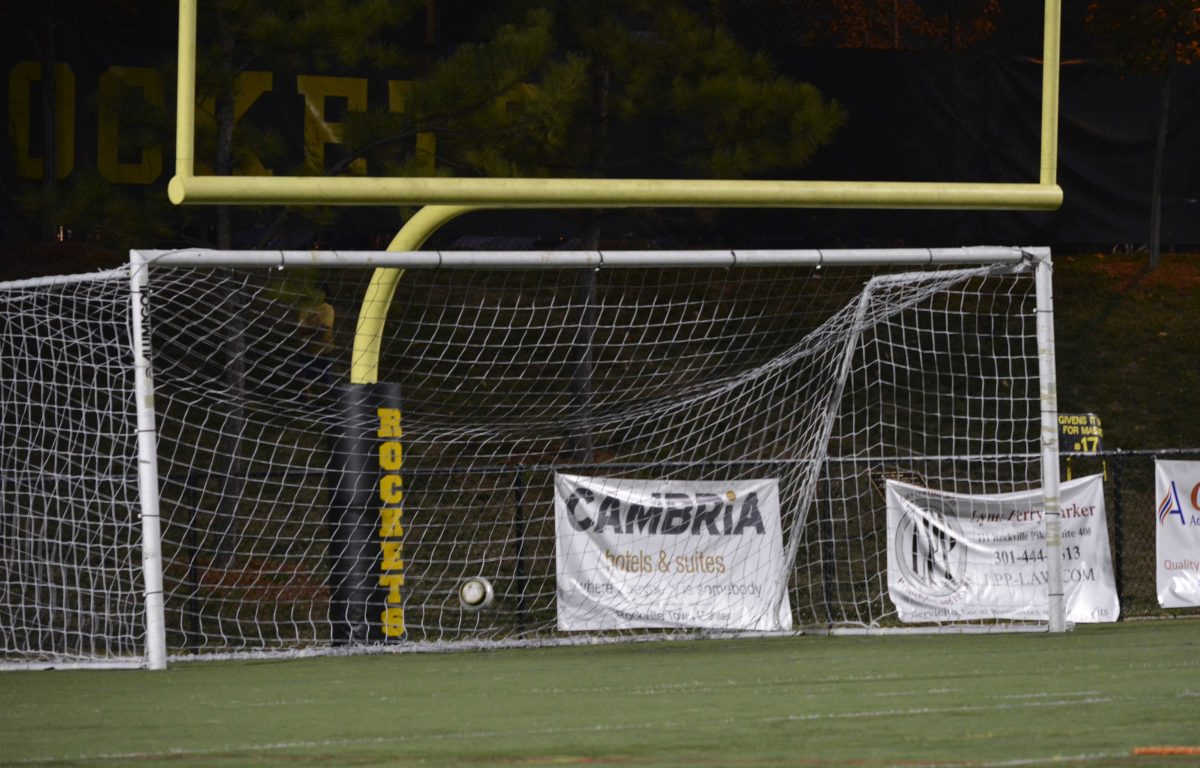“Spring is coming, and a flower is blooming, even inside the halls of RM…”
This was the first of eight clues that made up the 2nd annual Pi-Day Puzzle Hunt, organized by members of RM’s Math Honor Society. The event called for teams of 4 to participate in a scavenger hunt, solving math puzzles whose solutions led them all over the school in search of the final prize. Teams in the hunt could also earn stars by solving additional problems, with the team winning the most stars also earning special prizes outside of the gift cards and certificates for the first three teams that finished the hunt in its entirety.
What set these puzzles apart from normal math problems was their unconventionality, as junior Joseph Li, member of the 5th place team Pi-Romaniacs, said, stating that “you couldn’t really rely solely on what you knew; you had to think outside the box.” This year’s puzzles required a wide diversity in mathematical knowledge, from binary notation to how to solve the Tower of Hanoi, ensuring that each team, regardless of grade of math level, had a shot at the grand prize, as long as they were willing to look at the problems in a non-traditional way.
The first place team this year was Come Back to Us Later, with seniors Amy Chen, Paxon Yu, Alan Li, and Yu Lu. This was Alan’s first time participating in the hunt, and when asked about his success, he was “very thankful of my team’s efforts”, and graciously acknowledges the efforts of others’ teams, saying that each teams that “invested significant time deserved to win– we were just fortunate enough to invest in the right aspects.”
Overall, people were very happy with the design of the hunt, as Alan Li says, “The makers were really quite brilliant for making their puzzles easy to overthink. Simplicity is indeed elegant,” referring to how the teams often took convoluted, overly complex routes to try and solve the puzzles before realizing the relatively simplistic answer right in front of them. Another plus that participants often spoke about was the opportunity to discuss and do math problems with their friends outside of the traditional classroom setting, inspiring a passion for math that would not have been so easily cultivated in normal math classes.
However, as much as people enjoyed the annual puzzle hunt, there was some dissatisfaction over certain aspects of the game. “It’s so easy to cheat,” says Joseph Li, “and groups work in tandem a lot which [is disadvantageous to] the groups that do it solo, as they have half the manpower to go at it.” Likewise, Alan Li noted that “competition always produces suspicion, which is never healthy,” which was quite a problem in this year’s hunt, where teams harbored secrets against each other in hopes of winning. Regardless, the hunt overall was received positively by the participants, who all very much appreciated the efforts on the part of the gamemakers, who put in immense effort to coordinate and run the game.
Still a new tradition to RM’s Math Honor Society, the Pi-Day Puzzle Hunt has quickly grown to be one of the most exciting events for all students with a passion for math. A once a year event, students of any level are encouraged to participate in a week of fast-paced, entertaining puzzles and competition!













